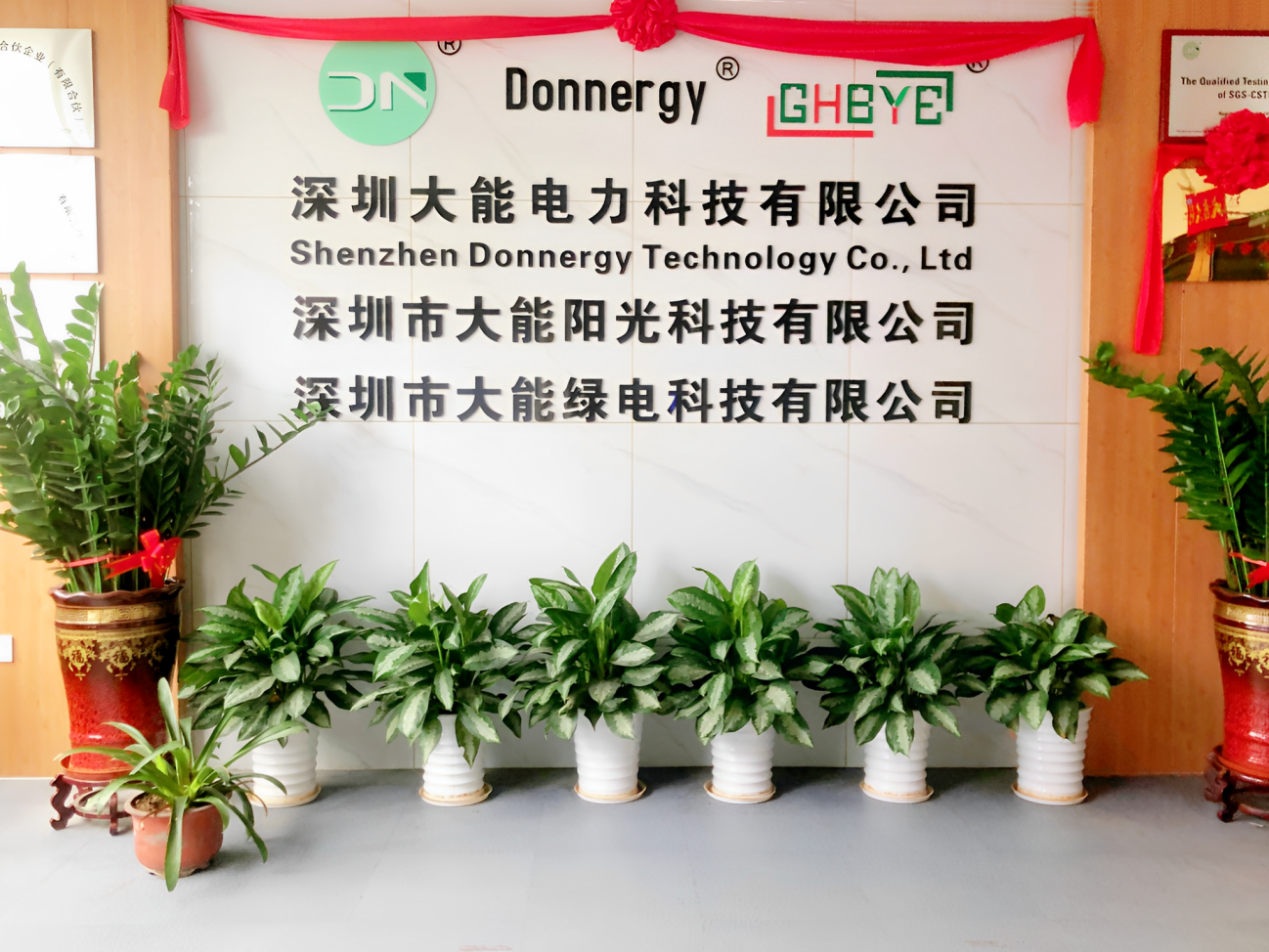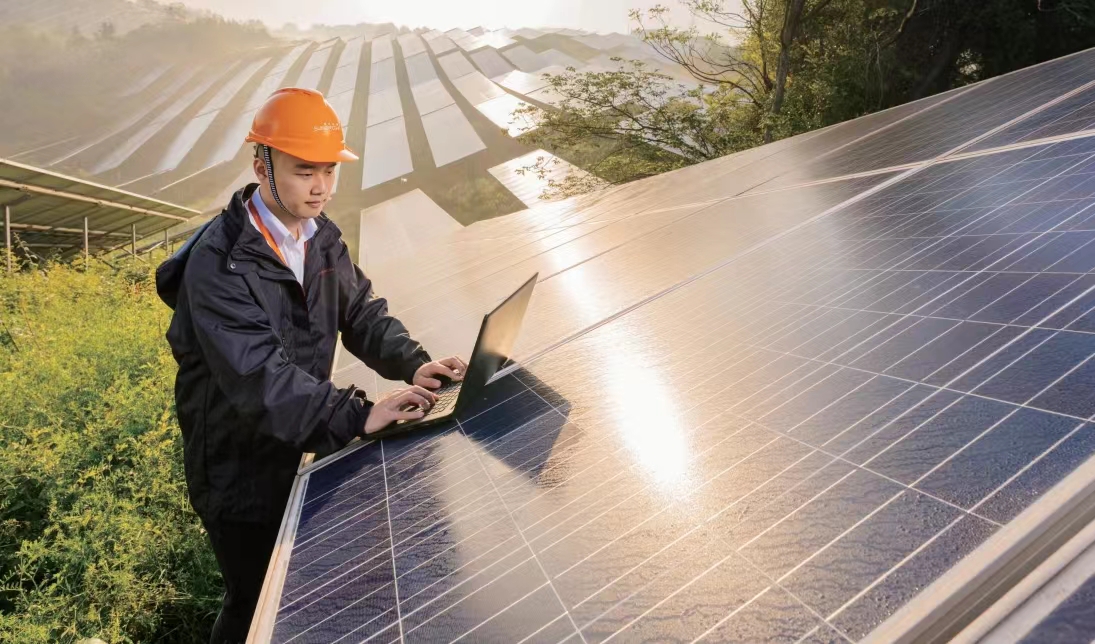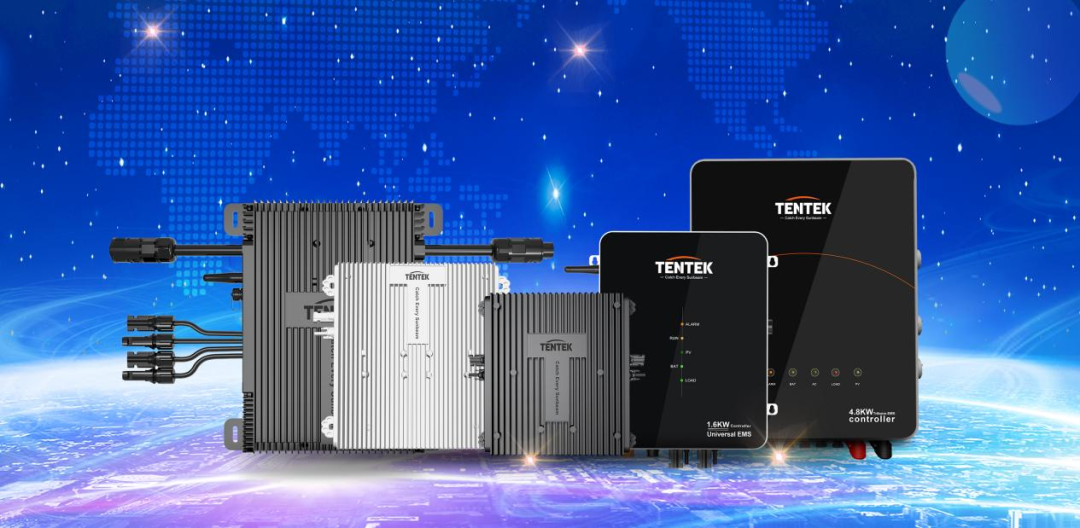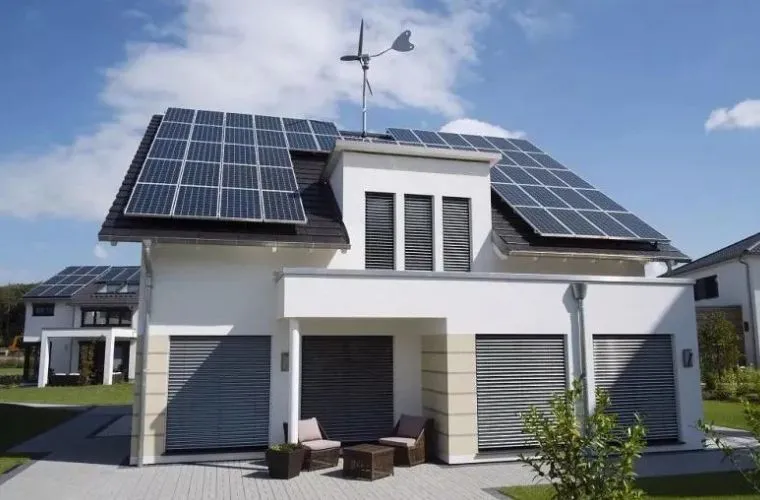The energy storage inverter is the core component of household energy storage, dominating the shipment volumes of major inverter enterprises.
Compared to traditional inverters, those with energy storage functionality achieve higher energy conversion efficiency, catering to more specific applications like electric vehicles and residential energy storage.
The surge in European energy costs and electricity prices due to the Russia-Ukraine conflict has not only sparked demand for residential energy storage but has also turned energy storage inverters into a profit-driving focus for inverter manufacturers.
Data indicates that by the end of the third quarter of 2023, the global primary residential energy storage market's new installation capacity nearly doubled compared to 2022. Projections suggest the global residential energy storage market will reach 13.3GWh in 2023, with Europe accounting for 71%, equating to 9.57GWh.

Europe and the United States, due to their substantial demand for energy storage, have long been the primary regions driving the performance growth of Chinese photovoltaic inverter companies. Starting in 2022, Chinese inverter manufacturers have significantly increased their shipment layouts in these regions.
Companies like Jinhua Technology (300763.SZ), Deye Group (605117.SH), Goodwe (688390.SH), Yuneng Technology (688348.SH), Sungrow Power Supply (300274.SZ), Elion Energy (688717.SH), Sanjing Electric, Keyou Energy, Gruve-Watt, Hongzheng Energy Storage, Huafeng Energy Storage, Cairi Energy, Aishiwei, Ashita, and Asite, are all focusing on residential energy storage inverter development.

In the first three quarters of 2023, Jinhua Technology reported a total revenue of 4.641 billion, an 11.39% year-on-year increase; a net profit of 752 million, a 6.84% increase; and shipped 351,000 energy storage inverters, an 86% increase. The company attributes this growth to the rapid increase in market demand for their string-type grid-connected inverters and energy storage inverters, both domestically and internationally.
During the same period, Deye Group achieved a total revenue of 6.326 billion, a 55.29% year-on-year increase; a net profit of 1.568 billion, a 69.13% increase; and cumulatively shipped 350,000 energy storage inverters.
Goodwe, as a representative Chinese inverter enterprise, ranked among the top three global energy storage inverter suppliers in 2021, holding a global market share of about 13%. The company's energy storage product line includes the ETC series three-phase energy storage inverters, the ES series bidirectional energy storage inverters, and the GW series AC-coupled energy storage inverters.
Zhejiang Elion Energy, a newcomer to the stock market on January 3 this year, is one of the few companies in the industry capable of integrated R&D for both energy storage inverters and storage batteries and capable of mass production.
Not only do European and American countries have locally developed energy storage inverters from their inverter giants, but their governments have also introduced a series of policies to support the development of residential storage.

Germany, as Europe's largest energy storage market, has SMA, its largest domestic inverter manufacturer, with over 40 years of industry experience. Their product range includes string inverters, central inverters, and energy storage inverters. Their energy storage inverters include series like Sunny Boy Storage, Sunny Island, and Sunny Tripower Storage.
Kostal, a renowned German mechanical equipment manufacturer, offers the Piko series inverters, one of the most popular products in the German market. Their energy storage inverters include the Piko BA Sensor, Piko BA System, and Piko IQ series, supporting high-voltage and low-voltage batteries, along with intelligent energy management systems.
The German government offers up to a 30% loan subsidy to encourage residents to install energy storage devices and allows individuals to offset personal income tax with the cost of the storage system. Berlin's "Energy storage PLUS" program provides 300 euros per kW of storage paired with photovoltaic systems, up to a maximum of 15,000 euros.
The US IRA Act provides investment tax credits for standalone energy storage, offering a 30% tax credit for residential installations of over 5kWh. The new ITC policy allows residential storage to benefit from an extended ITC for ten years and an increased base rebate ratio. Seventeen states, led by California, Nevada, and Florida, have implemented clear storage subsidy systems. Among them, California's SGIP policy offers substantial and long-term subsidies.








